Your Trusted Guide to the AI Revolution
At I Review AI, we cut through the noise to deliver unbiased reviews, tailored recommendations, and actionable insights that empower businesses to embrace AI with confidence


What We Offer?!
What We Offer?!
AI Education for a Future-Ready Workforce
Stay ahead in an AI-driven world! Our courses simplify AI for professionals, entrepreneurs, and businesses no tech background needed. Start with our AI Review Foundation Course and get certified. Coming soon: AI for Legal Professionals!
AI-Powered Marketing Solutions
Boost your brand with AI-driven marketing! From SEO-optimized content to automated ad campaigns, we help businesses grow with smart, data-driven strategies. Try our Free AI Ignite Package or scale up with Silver, Bronze, and Gold plans.
Expert AI Consultancy
Transform your business with AI! We help automate tasks, optimize workflows, and enhance customer experiences across industries. Our custom AI strategies ensure seamless integration for maximum impact.
Explore the Future
with AI!

Explore the Future with AI!
Why Learn AI?
Join our AI courses and dive into the world of artificial intelligence. Whether you're a beginner or an expert, our courses cover cutting edge topics like machine learning, ChatGPT applications, and AI-driven business strategies. Stay ahead of the curve enroll today and unlock the power of AI!
Unlock Your Curiosity Take Our Free AI Courses!
Start learning the fun and easy way our bite-sized, beginner-friendly courses are now 100% free for a limited time.
Whether you're curious about AI, want to level up your skills, or just love learning something new, we've got you covered. No sign-up hassle, just click and start exploring.
Find the Best AI Tools
Honest Reviews, Expert Picks & Easy Integration

Unbiased AI Tool Reviews
Honest, expert evaluations of the latest AI tools, designed to meet your business needs.

Tailored Recommendations
Personalized advice to find the best AI solutions for your industry.

Seamless Integration Guidance
Strategies to integrate AI tools into your operations with minimal hassle.
Explore the World of AI For Every Curious Mind
Practical, expert-led online courses to help parents, professionals, and pioneers understand and use AI responsibly.
AI for Parents & Teachers Online Course
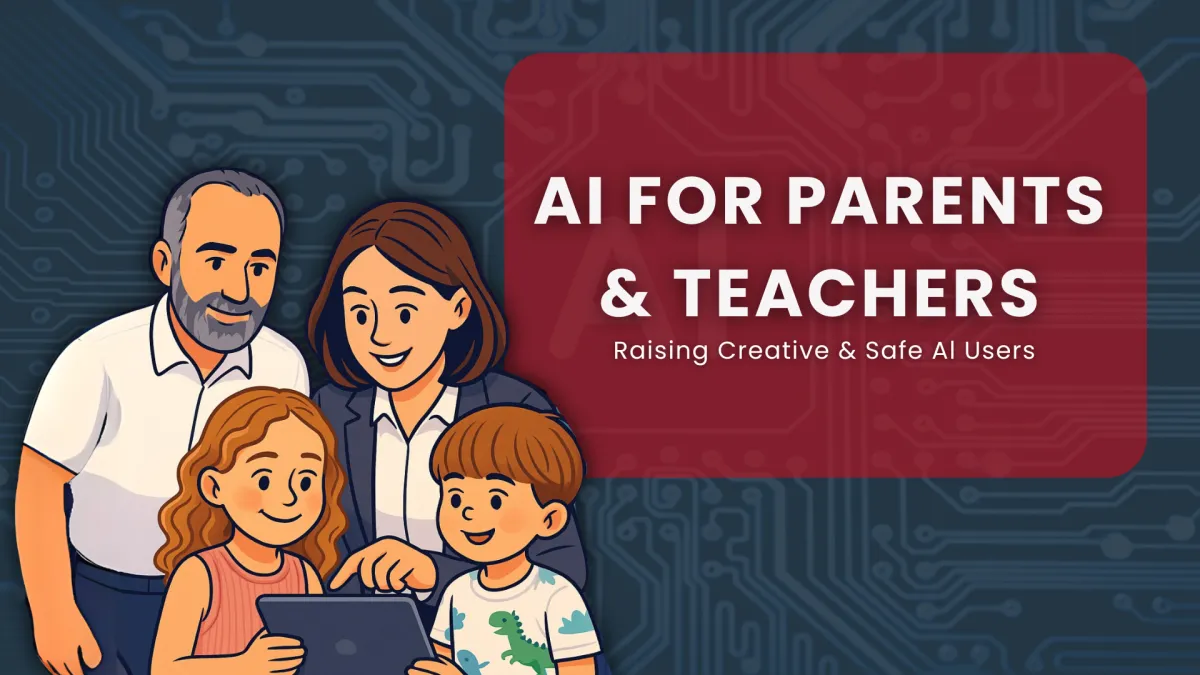
$9
Confidently guide your kids into the world of AI safe, creative, and simple.
AI for Business foundation Online course
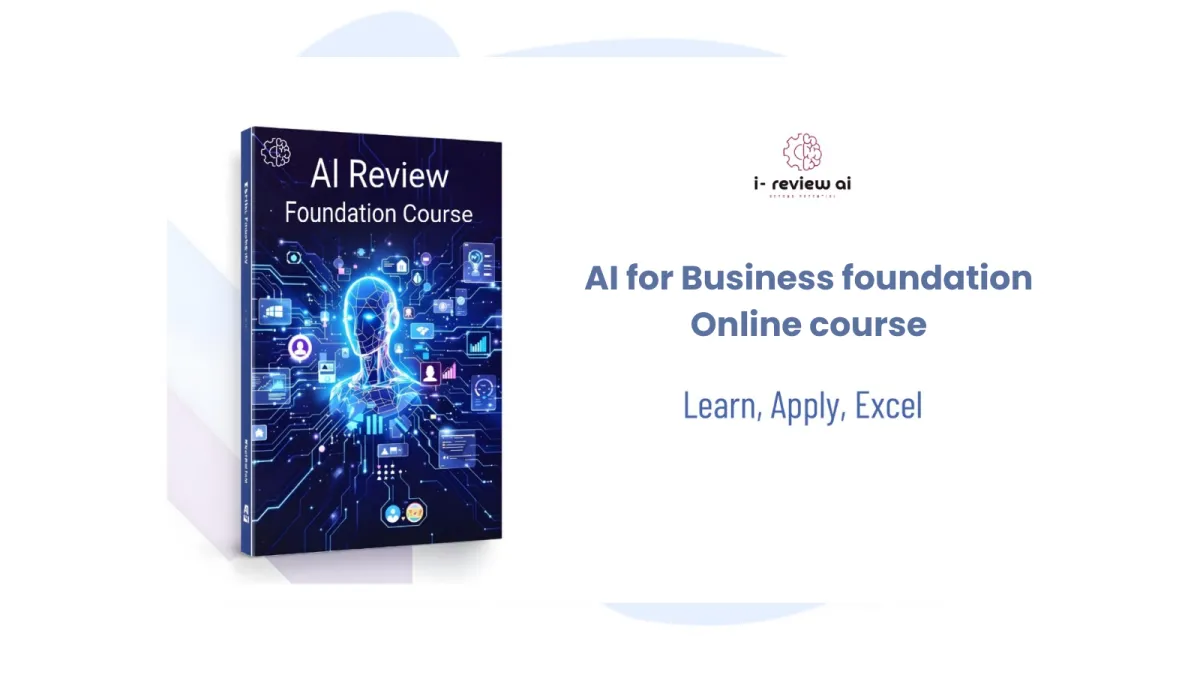
$27
Start this course today and start using AI to save time, create better content, and grow your business with confidence.
AI & Law Online Course
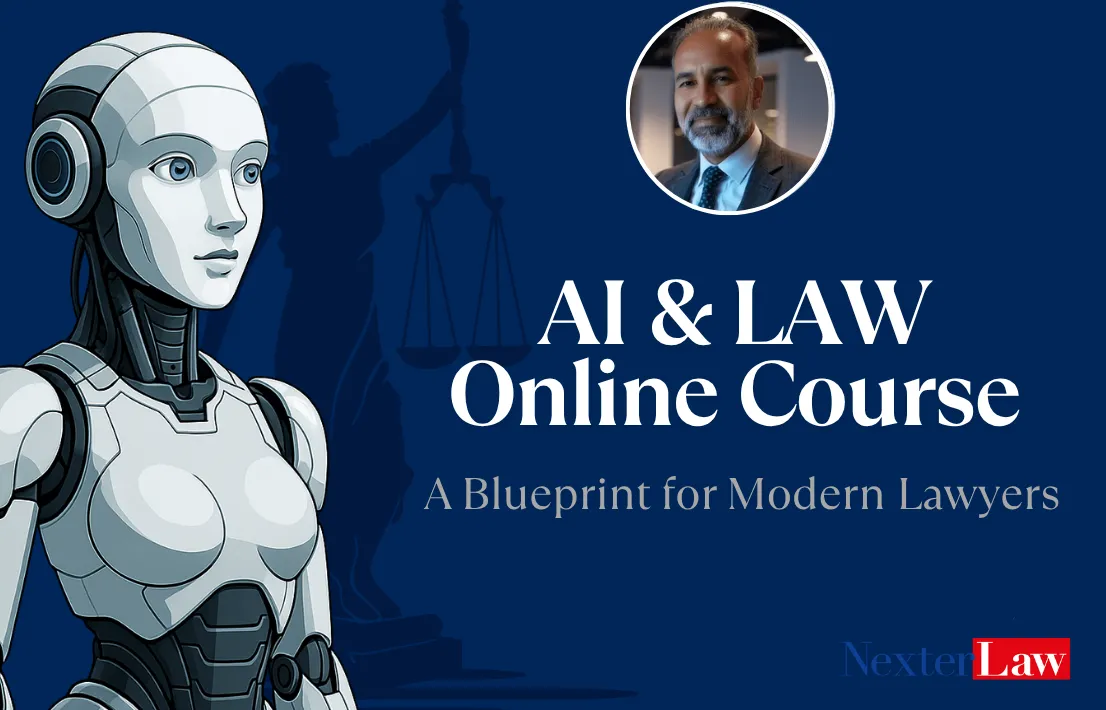
$27
Work smarter, not harder draft, research, and win with AI in just 10 hours.
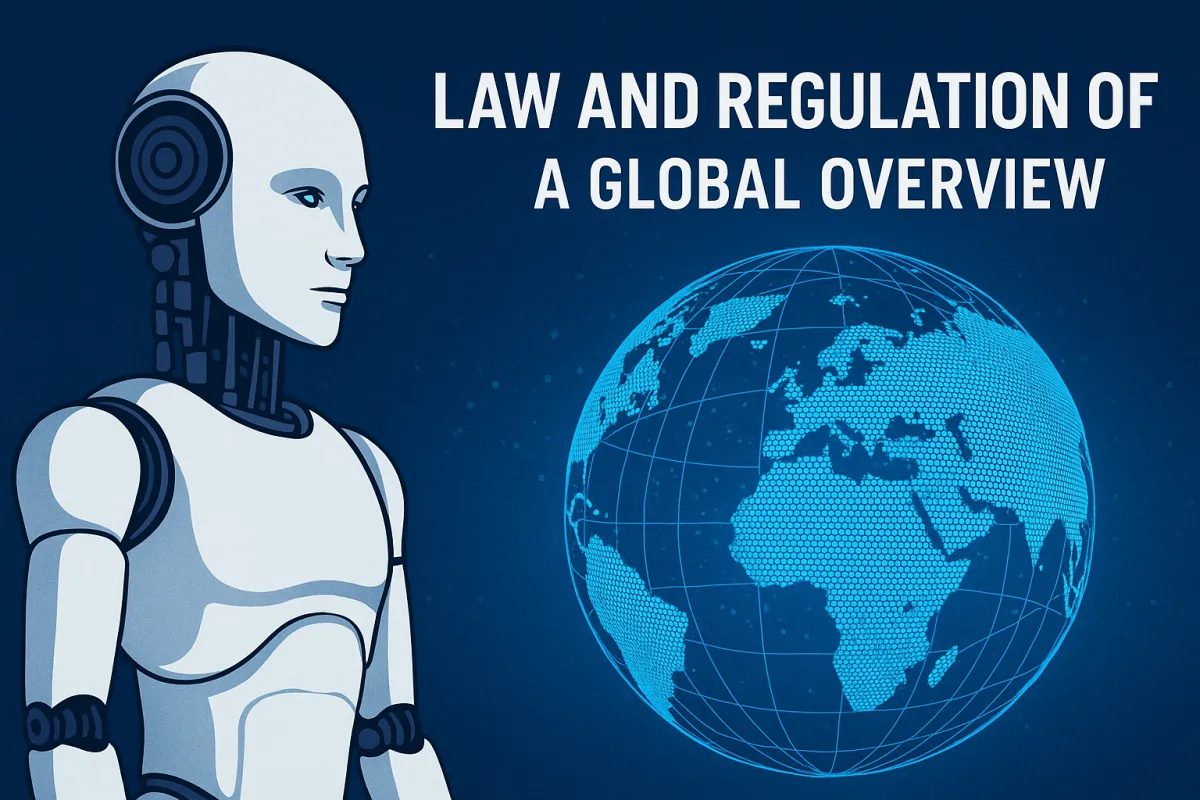
Law and Regulation of AI Global Overview
Law and Regulation of AI: A Global Perspective
Introduction
As artificial intelligence (AI) reshapes industries, societies, and everyday life, governments worldwide are racing to regulate its deployment. From facial recognition in public spaces to AI-driven hiring algorithms, the transformative power of these technologies raises important legal and ethical questions. What should regulation look like? Who should be accountable? And how do we strike the right balance between innovation and protection?
This article offers a global overview of AI regulation—highlighting regional approaches, legal frameworks, ethical concerns, and future directions in policy development.
The Historical Evolution of AI Regulation
AI regulation didn’t emerge overnight. Its roots trace back to the mid-20th century when pioneers like Alan Turing laid the foundations for machine intelligence. However, real regulatory action only started to take shape in the digital age when AI’s real-world impact became tangible.
Early concerns focused on safety, primarily in fields like transportation and robotics.
The digital era brought an explosion in data use, making data protection a key issue—leading to landmark regulations like the EU’s GDPR in 2018.
Recent trends show a shift toward broader ethical governance and international harmonization.
Current Regulatory Approaches: Vertical vs. Horizontal
There are two primary strategies in AI regulation:
Vertical regulation targets specific industries (e.g., healthcare or finance).
Horizontal regulation applies overarching rules across sectors (e.g., general AI risk classification frameworks).
Policymakers now emphasize adaptability—building regulations that can evolve alongside AI technologies.
Regional Perspectives: A Diverse Global Landscape
1. North America
United States: Follows a fragmented, sector-specific model. While innovative, this patchwork creates challenges in standardization and enforcement.
Canada: Embraces ethical AI principles and multilateral cooperation, including efforts under the G7’s Hiroshima AI Principles.
2. Europe
European Union: Leads with the AI Act—an ambitious, risk-based framework aiming to ensure safety, transparency, and cross-border consistency. Its extraterritorial reach influences global AI companies.
3. Asia-Pacific
China: Implements strict regulations focused on national security, content control, and algorithmic audits. While effective in oversight, this may suppress open innovation.
Japan: Champions ethics and transparency, aligning closely with OECD values and emphasizing inclusivity and education.
South Korea: Focuses on using AI in public services and strengthening privacy protections.
4. Latin America
Brazil: Pushes forward with inclusive AI regulations, though infrastructure gaps pose challenges. It promotes human rights-based AI development.
5. Africa
African Union Framework: Prioritizes AI for social development—particularly in healthcare, education, and agriculture. Emphasis is placed on equity, digital inclusion, and regional cooperation.
Key Legal and Ethical Challenges in AI Regulation
1. Algorithmic Bias
Biased algorithms can amplify discrimination—particularly in criminal justice, employment, and healthcare. This stems from skewed training data or flawed model assumptions.
Solutions include:
Bias audits
Diverse datasets
Accountability in design
2. Transparency and Accountability
Transparency is critical. Regulators increasingly require that AI systems:
Disclose how decisions are made
Clearly label AI-generated content
Provide technical documentation for audit
3. Compliance and Redress
The EU’s AI Act empowers individuals to seek redress for harm caused by AI. This marks a move toward enforceable rights in digital ecosystems.
The Role of International Organizations
Organizations like the OECD and UNESCO have developed shared AI principles that stress:
Human-centric design
Fairness
Safety
Transparency
These multilateral frameworks foster cross-border cooperation and aim to reduce regulatory fragmentation.
Data Governance and Protection
Without proper data governance, ethical AI is impossible. Key elements include:
Data quality and security
Interoperability across systems
Privacy-preserving mechanisms
Special safeguards for vulnerable groups (e.g., children, minorities, the elderly)
Looking Ahead: Future Trends and Challenges
The future of AI regulation will be shaped by:
Greater alignment with the EU model, particularly risk-tiered frameworks
Stricter rules on generative AI, including copyright and content labeling
Increased enforcement of AI safety and consumer protection laws
But several challenges persist:
Lack of global enforcement mechanisms
Political tensions hindering multilateral agreements
Trade-offs between innovation and risk mitigation
Conclusion: Toward Harmonized, Human-Centered AI Governance
As AI continues to evolve, so must our approach to regulating it. Governments must navigate a complex web of technical, ethical, and geopolitical factors to create robust yet flexible frameworks. The future depends on collaboration—not just between countries, but also across sectors, disciplines, and communities.
The global momentum for AI regulation is unmistakable. But whether this leads to innovation with integrity or a splintered digital order depends on the choices we make now.
References
National Law Review. (2023). AI Regulation: Where Do China, EU, and US Stand Today?
Brookings Institute. (2023). Algorithmic Bias Detection and Mitigation.
European Parliament. (2020). Framework of Ethical Aspects of Artificial Intelligence.
Creative Rights Institute. (2024). 2024 AI Legislative Blueprint.
OECD AI Principles. (2019). OECD AI Policy Observatory.
READY TO GIVE US A TRY?
Unlock the Power of AI Subscribe Now!
Stay ahead in the world of artificial intelligence! Subscribe to our website for exclusive access to upcoming AI courses, expert insights, and cutting-edge industry updates. Don’t miss your chance to level up your skills.
COMPANY
CUSTOMER CARE
LEGAL
Copyright 2025. i-review.ai. All Rights Reserved.
